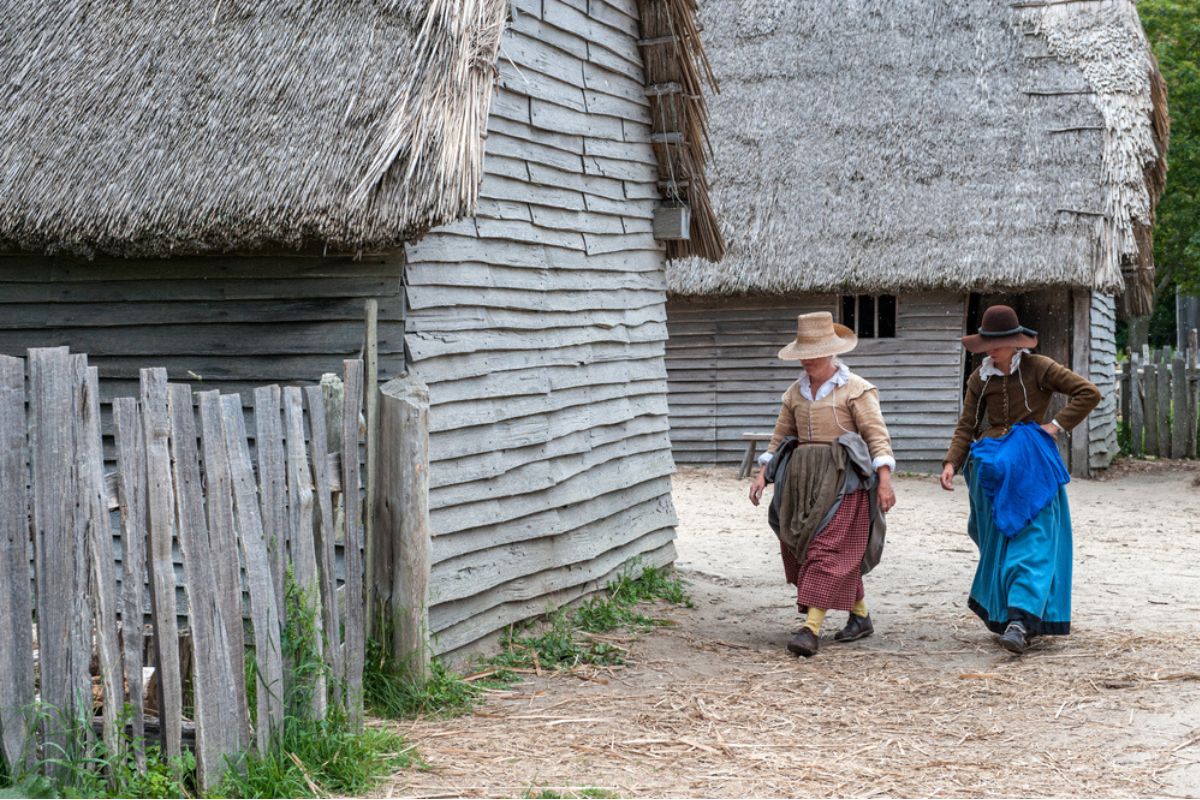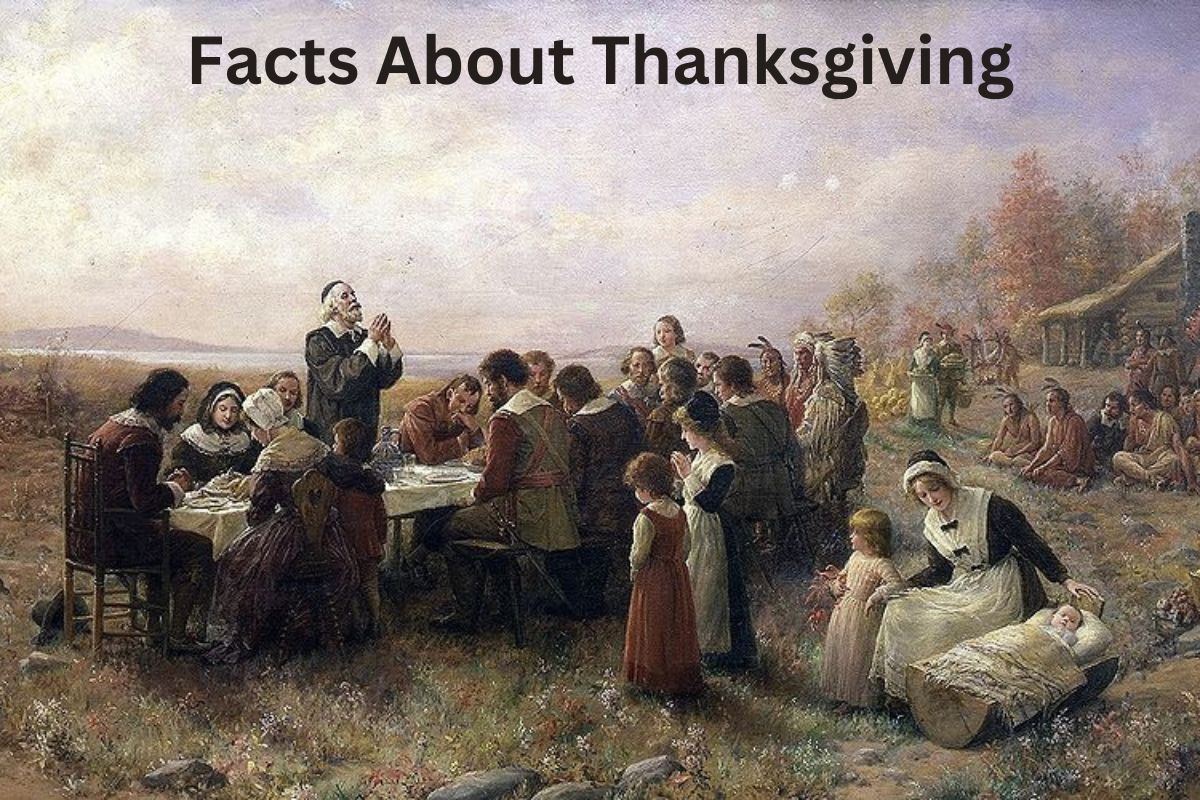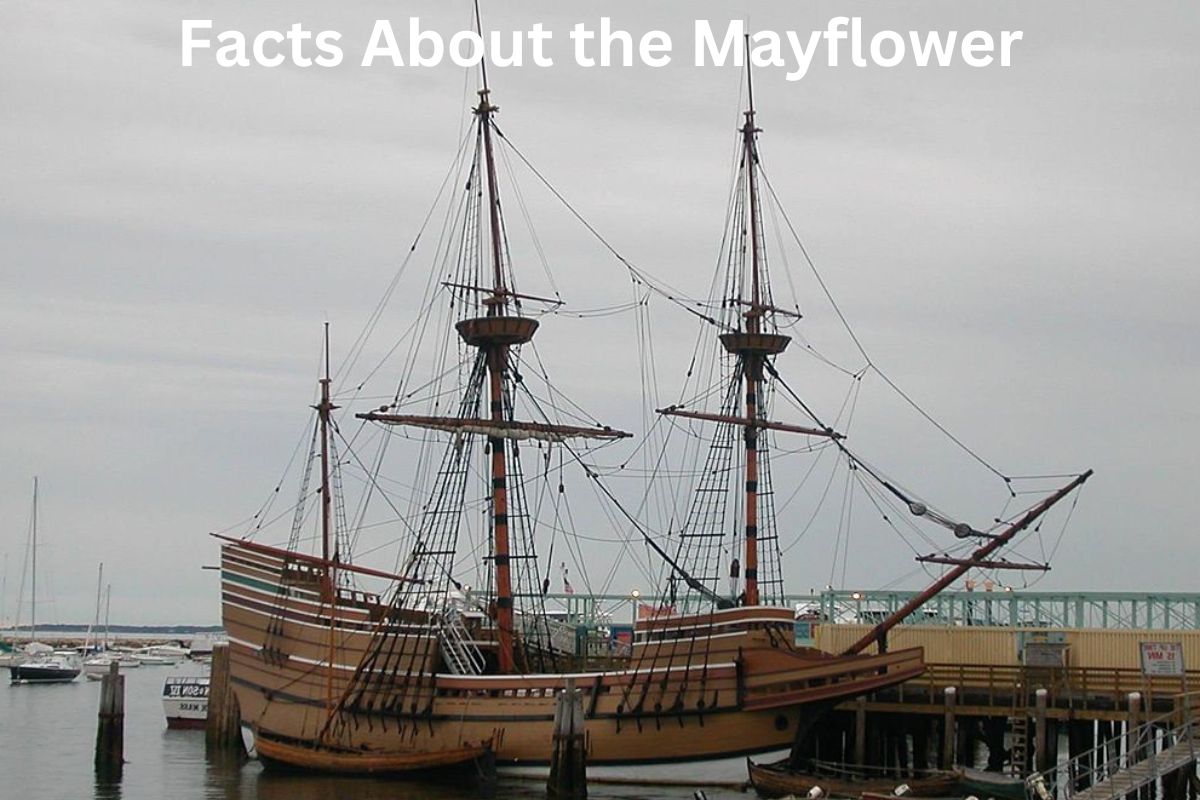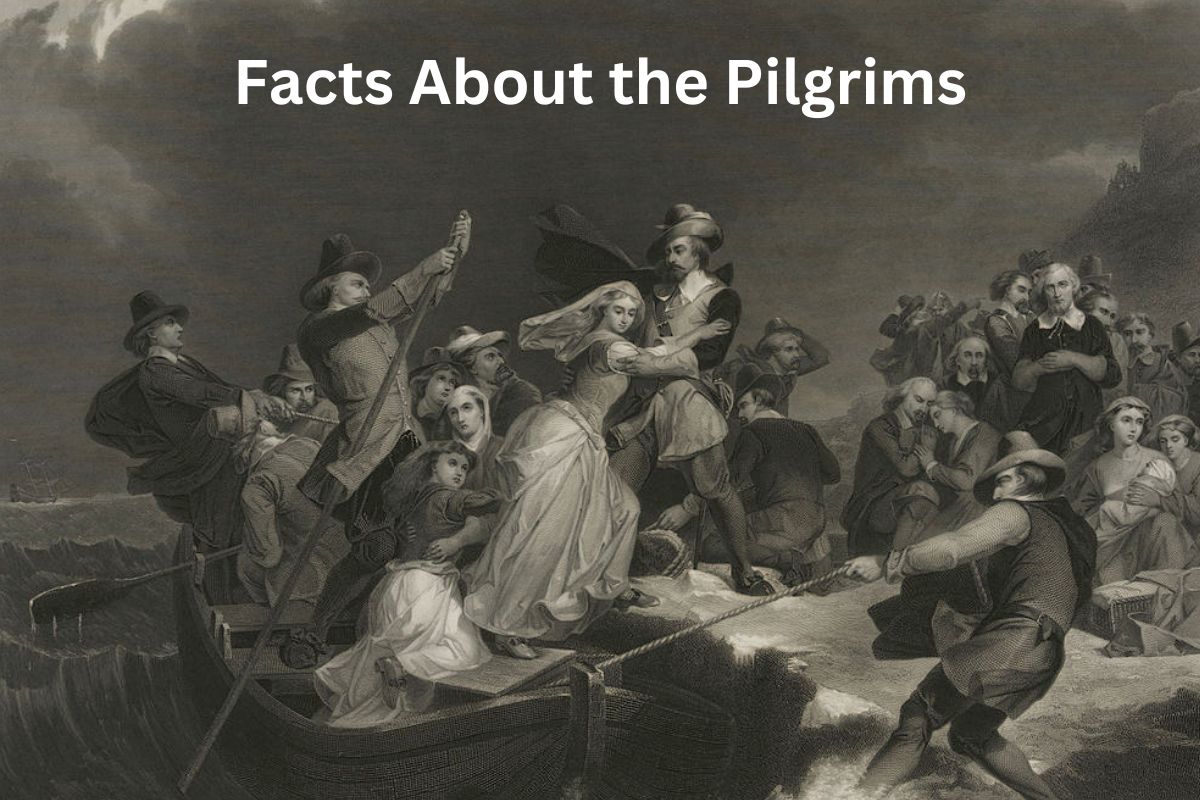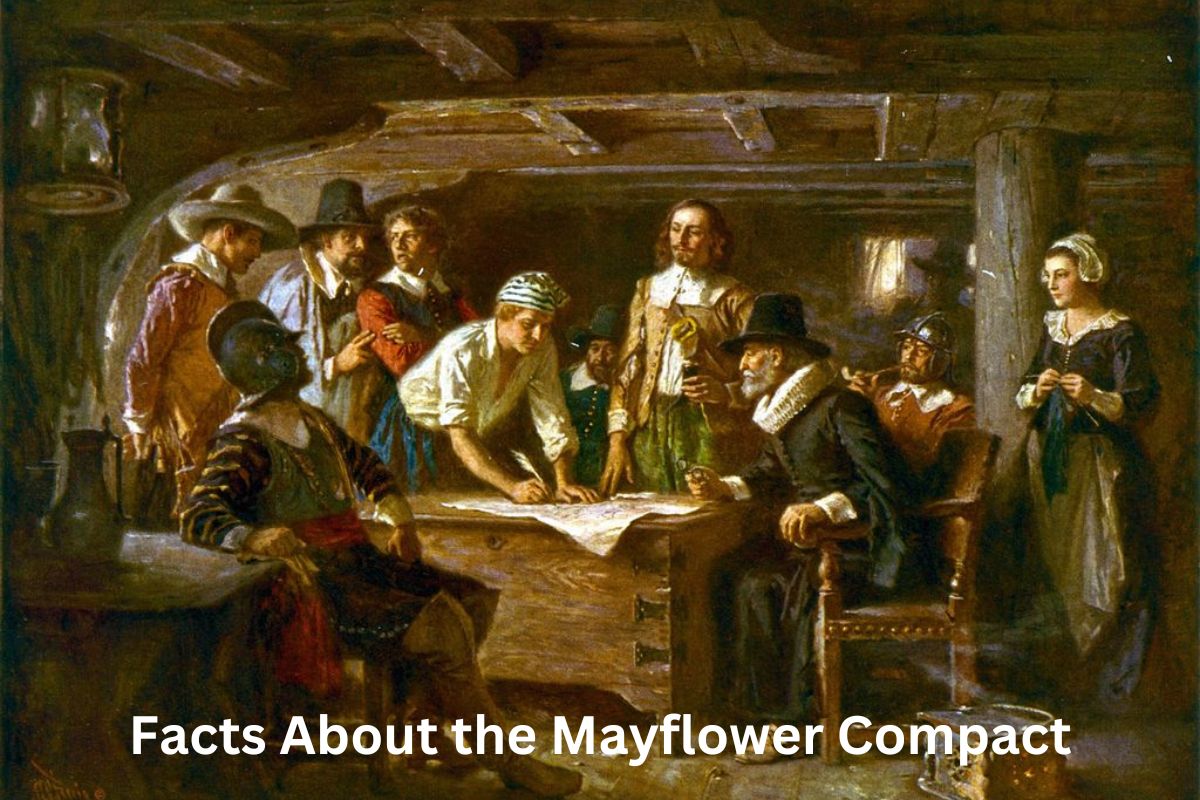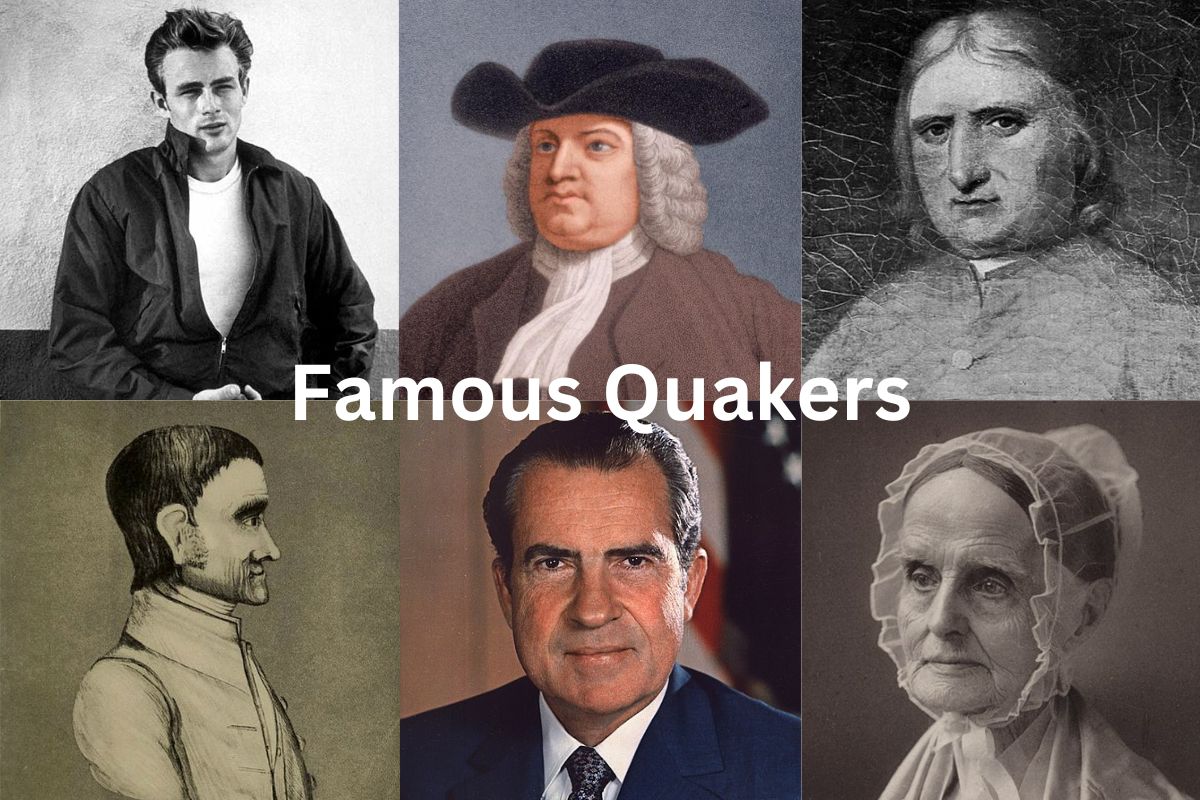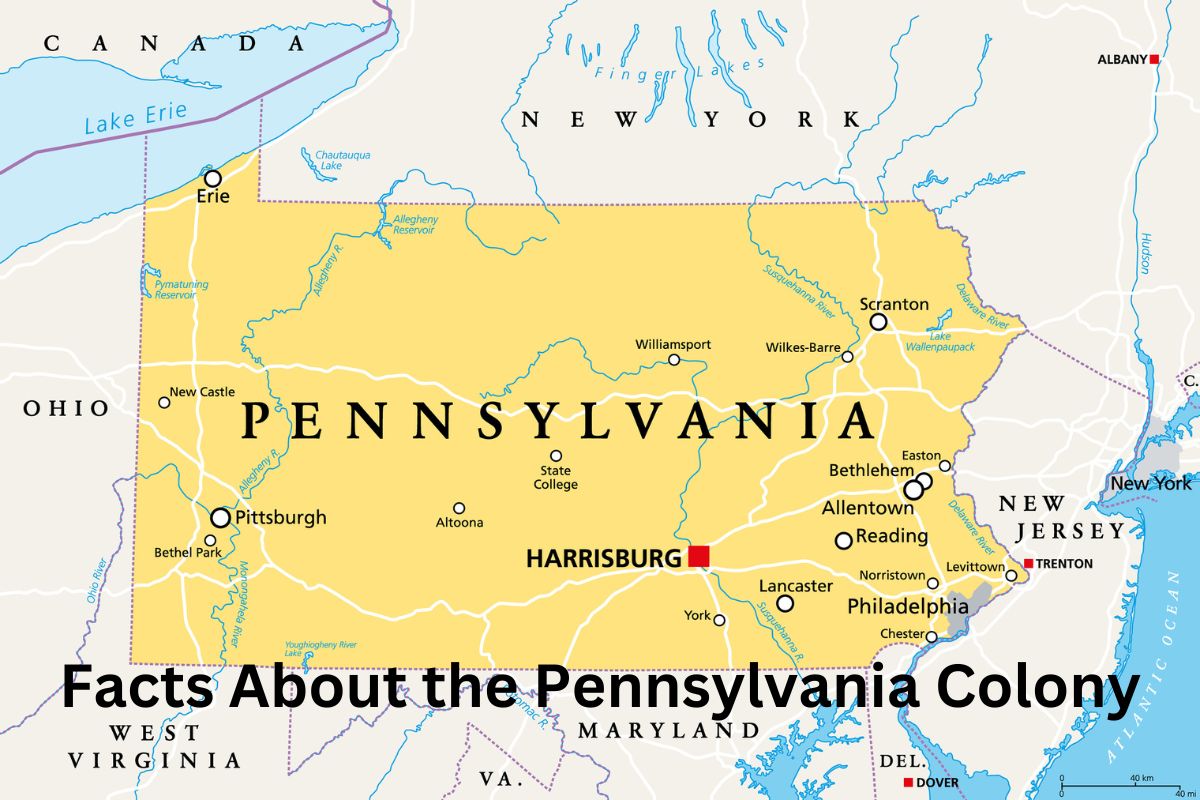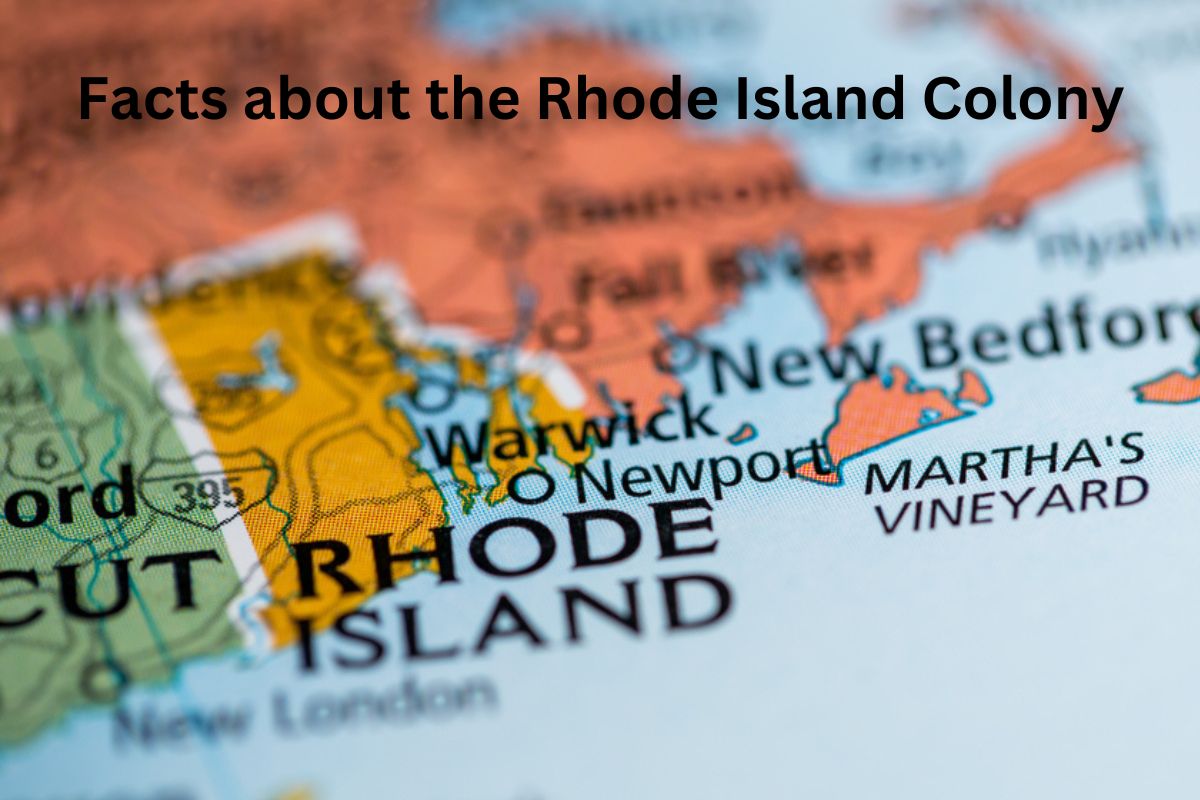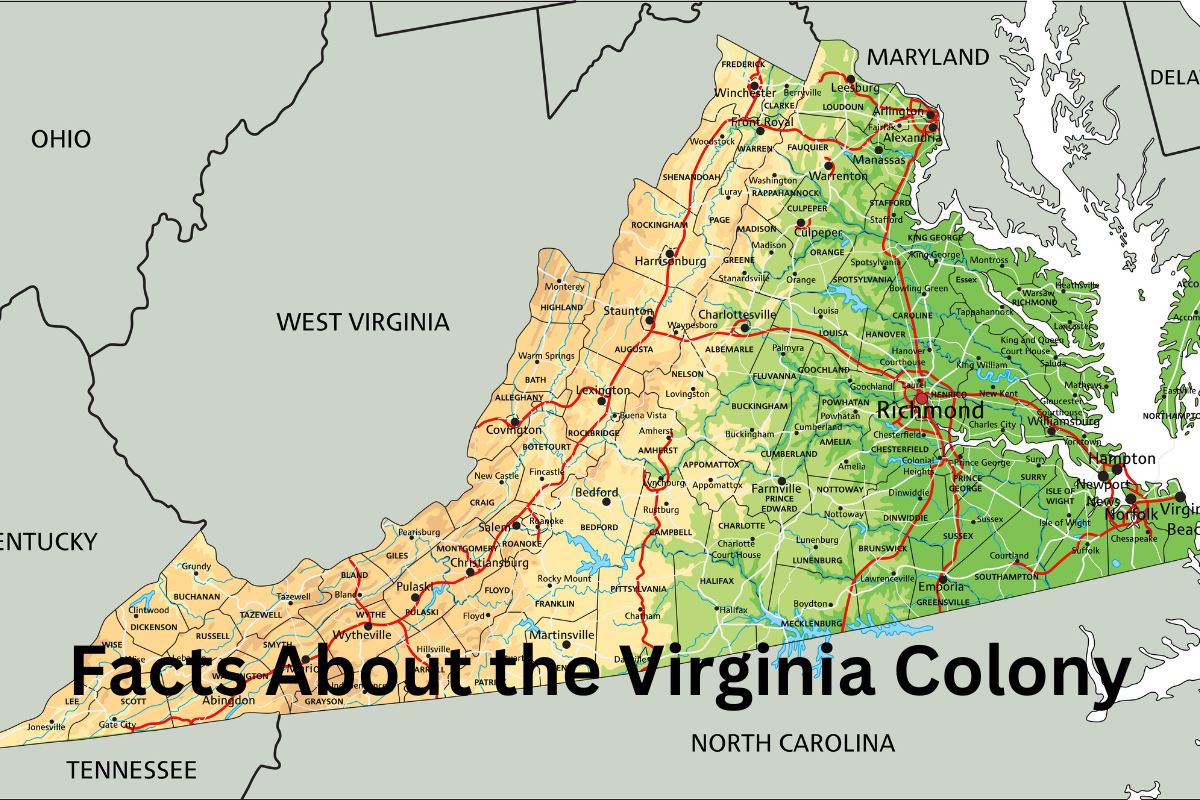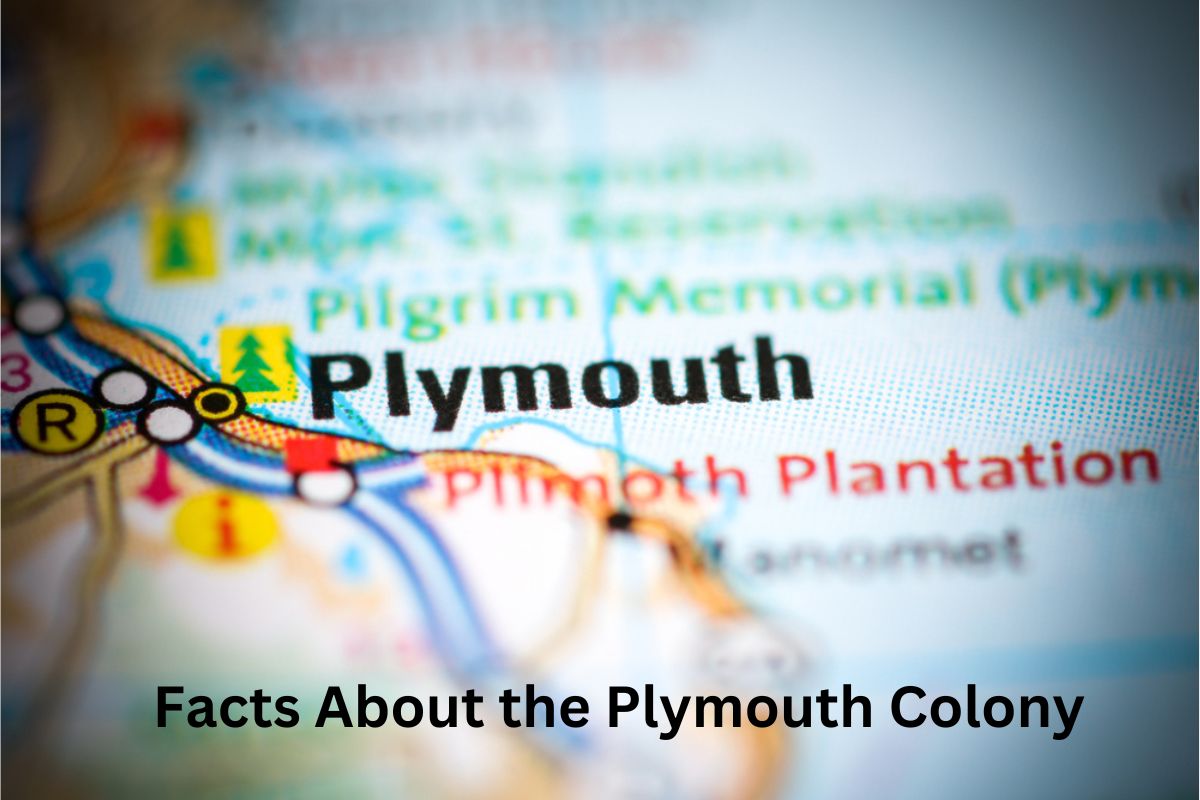Why Did Colonists Come to America?
The colonization of America by European settlers was driven by a variety of motivations that ranged from religious to economic. The search for a better life, religious freedom, and the potential for wealth played significant roles in motivating colonists to risk the dangerous journey across the Atlantic Ocean. Understanding these reasons sheds light on the … Read more
